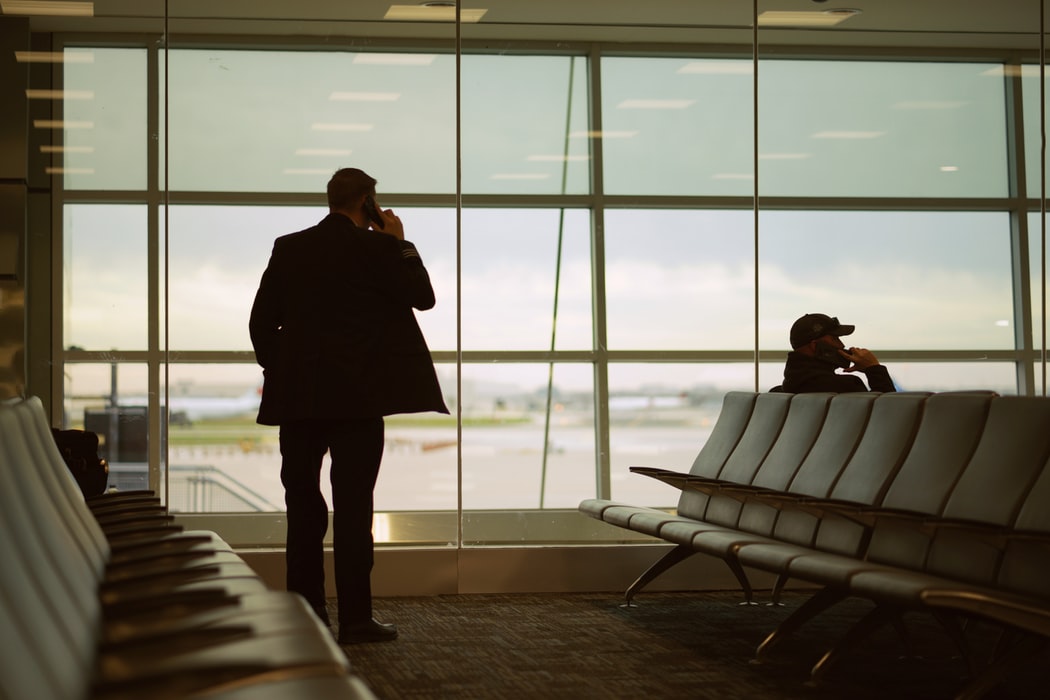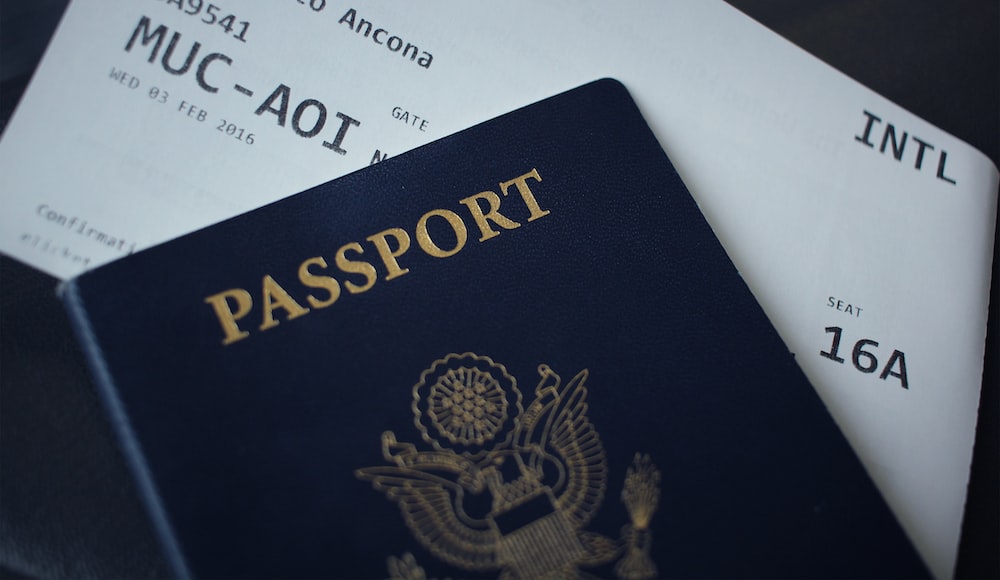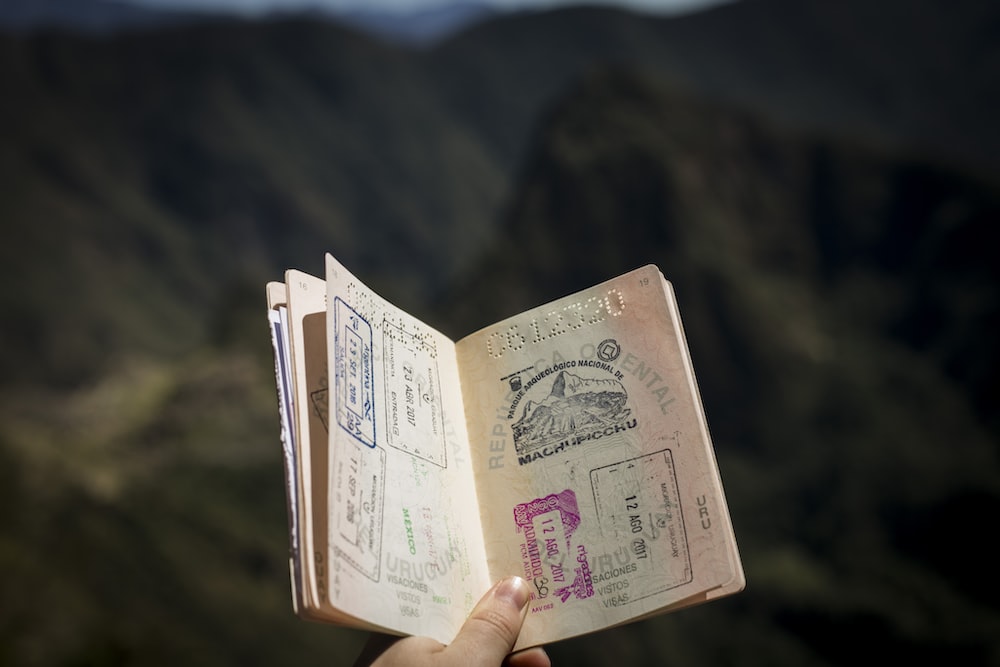
When it comes to taking an international business trip, you probably already know that there are many things that require your consideration. When you travel abroad, planning is more complicated than if you were going on a domestic business trip and you need to be prepared for all eventualities. It will not do anything for your reputation with your clients or associates if you get to the other side of the world and you aren’t ready and prepared for conducting your business there. So before you head off on your travels, here’s the ultimate checklist on what you need to do before taking an international business trip:
-
Double-check your passport
-
Check the visa situation
-
Research the local culture
-
Watch out for taboo topics and behaviors
-
Don’t forget to look into business etiquette
-
Work on your small talk
-
Pack the right adaptors
-
Figure out how you’re getting from the airport
-
Download a decent map app
-
Buy travel insurance appropriate for your business trip
-
Choose a safe place to stay
-
Check it’s safe to drink the tap water
-
Plan what to do in an emergency
A local personal assistant (aka MeetnGreeter) can really help with all of those points (except maybe checking your passport), so if you want to make the preparation for your business trip easier, don’t hesitate to leave a request!
Double-check your passport

Let’s face it, you’re not going to get very far without your passport. And you certainly don’t want to get to the airport to find that it expired a week before your business trip. OK, that might be a bit unlikely, but it does happen. You should also double-check that there are enough months left on your passport to get you into your destination; some countries require you to have a certain number of months left on your passport before they’ll grant you entry. So no matter how confident you are that your passport is fine, it’s always worth double-checking, just in case.
Check the visa situation

Depending on where you’re traveling, you may require a specific visa to take a business trip to your destination. Some can be done on arrival, others require you to apply in advance. Make sure that you check what the visa situation is, giving yourself as much time as possible to make arrangements so you don’t encounter any problems when you go to board your flight. The best place to check the visa situation for your nationality is your country’s foreign advice website, so remember to check it as part of your travel plans.
Research the local culture

It goes without saying that you should know a little something about the country that you’re going to, but a surprising number of people don’t put the effort into finding out about the place they’ll be visiting. Learning something about your destination will not only help you to become familiar with it before you’ve even landed, but it’ll give you something to ask questions about and discuss with your business associates. Things that are particularly important to know are the culture surrounding tipping, whether you should take gifts when meeting local people, and food and eating out etiquette. A great resource for learning about business culture in different countries is the book Kiss, Bow or Shake Hands by Terri Morrison, which is available in paperback or as a Kindle e-book.
Watch out for taboo topics and behaviors

In some countries, there are certain topics and behaviors which are deemed unacceptable. For example, in China, it’s considered rude to point at anyone or anything with chopsticks. In Cambodia, you shouldn’t eat everything on your plate; this may indicate to your host that they haven’t provided you with sufficient food. In lots of countries, talking about politics and religion is a big no-no. There is a lot of literature on this subject, such as the book Etiquette and Taboos Around the World by Ken Taylor, plus you can also lookup tips on various travel blogs.
Don’t forget to look into business etiquette

While it seems the business world is getting much smaller, there are still lots of differences between how different countries conduct business. For example, in Russia, too much smiling is considered to be insincere. In Israel, the working week is Sunday to Thursday. In France, a light handshake is typical, whereas in Germany you’re more likely to encounter a firm one. It’s small differences like these which are really important to know, so don’t forget to look these things up before you travel abroad; again, you can use business travel blogs and the books mentioned above.
Work on your small talk

Small talk is a huge part of conducting business in many parts of the world, so you should be brushing up on it as part of your business trip preparations. In some countries, it’s customary that you ask your clients, colleagues or associates about their families, how their weekend was, and how they’re planning on spending their next holiday. Check out Debra Fine’s book The Fine Art of Small Talk for ideas.
Pack the right adaptors
There’s nothing more frustrating than arriving in a foreign destination and then discovering that you don’t have the correct adaptor to be able to charge your phone or laptop. Don’t rely on your hotel having one for you; the likelihood is they won’t have, or they may have given them to other guests, so it’s better to carry your own with you if you want to stay connected at all times. Skyscanner has an excellent guide to which adaptor you should use; you can check it here.
Figure out how you’re getting from the airport
If you haven’t arranged an airport transfer or someone isn’t coming to the airport to pick you up, make sure you know how to get from the airport to your hotel or business meeting. This is especially important if you don’t speak the language of the country you’re traveling to and English isn’t widely spoken. If you’re getting a taxi, will you need a copy of the address of your hotel written in the local language? Will you need to make any changes if you’re traveling by public transport? Another good option is to use a taxi app such as Lyft or Grab; which taxi app is best will depend on the country you’re visiting, so do an internet search to see which one you should download.
Download a decent map app
Finding your way around a new city can be really exciting – or extremely frustrating. To help you get around and, even more importantly, ensure you get to your business meetings on time, download a decent map app so you know where you’re going at all times. Google Maps and Maps.me are both excellent options.
Buy travel insurance appropriate for your business trip

If you’re thinking that you can get away with standard travel insurance for your business travels, you’ll be sorely disappointed. If you’re taking a business trip, you need to purchase travel insurance specifically for this purpose. Lots of insurance companies offer a variety of policy types for the business traveler, so you can choose the one that’s more suitable to your needs.
Choose a safe place to stay

As we all know, some areas of a city are safer than others, and you obviously don’t want to end up staying in a dodgy part of town. When searching for your accommodation, read the reviews carefully, paying particular attention to what previous guests say about the location of the property. You can also refer to well-established travel websites such as Lonely Planet or Rough Guides to see where they suggest you stay.
Check it’s safe to drink the tap water

In some countries it’s perfectly safe to drink the local tap water, in others it’s a complete no-no. In order to look after your health, make sure you know whether the water where you’re traveling to is safe to drink. You can easily check this on sites like Lonely Planet and Rough Guides, as well as your country’s foreign advice website.
Plan what to do in an emergency
No one likes to think about something going wrong on their business trip, but there’s always that slight possibility that something will. You should have contingency plans in place to help you deal with minor disturbances such as public transport strikes and political protests, and you need to know where to go if you have any medical or legal issues. Keep addresses of local hospitals, clinics, embassies, and police stations handy so you can refer to them quickly if you happen to need them; you can get these from your embassy or on your government’s foreign advice website.
While organizing travel abroad for your international business trip may seem a little bit daunting, if you follow these easy steps, you should find that it really is quite simple, especially when a local insider has your back. Let us help you with your business trip!
Leave a Reply